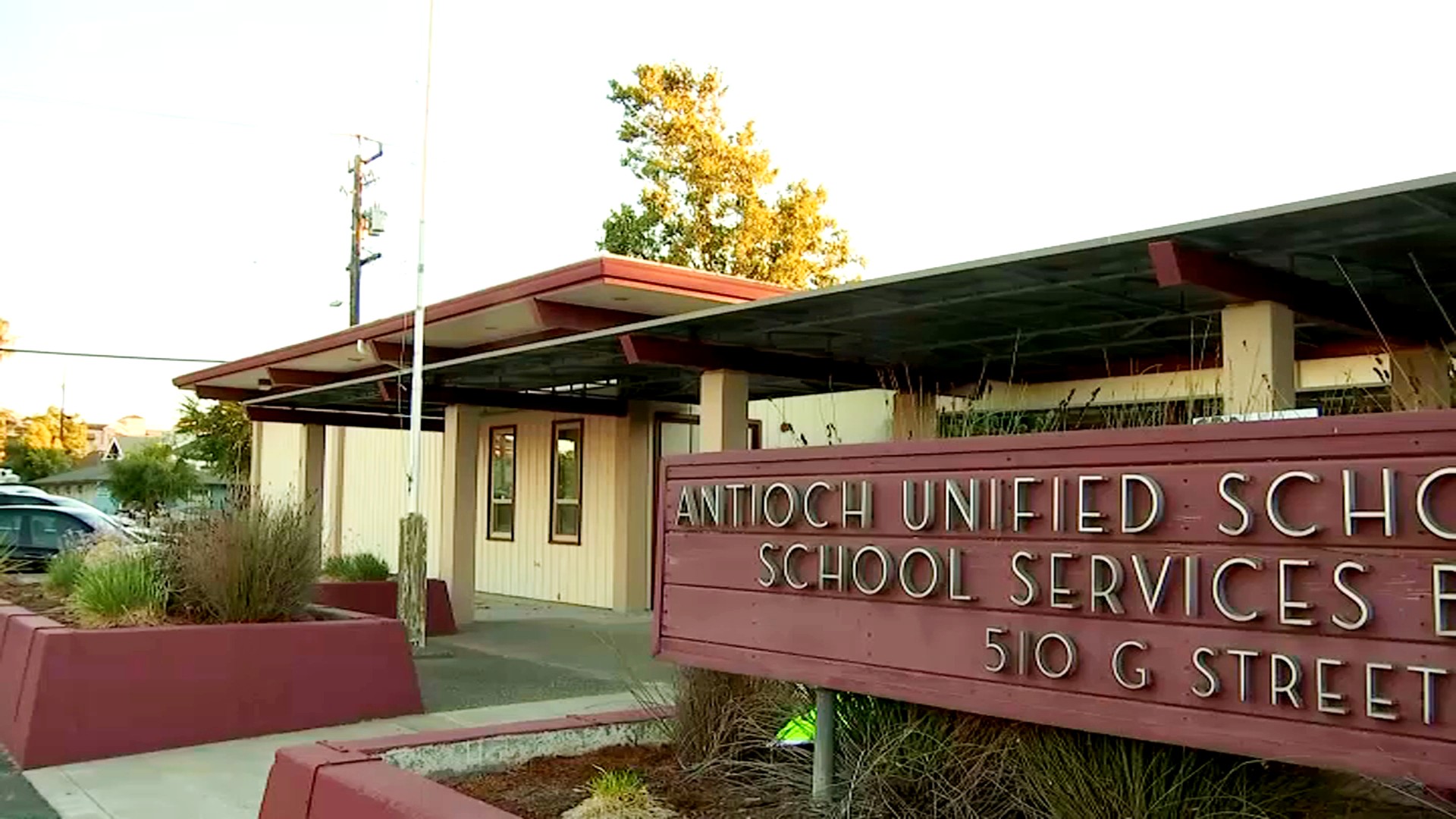Bay Area mosquito abatement efforts are on alert and working to prevent an outbreak of the Zika virus from happening in the region.
The virus is linked to birth defects in newborn babies and the mosquito larvae that hatch. The virus has been spotted in the Bay Area as recently as last spring.
In Peninsula, eradication efforts are ongoing, even during the winter when mosquitoes are least active.
At Holy Cross Cemetery in Menlo Park, each water container is checked for mosquito larvae monthly. The monthly checks are to make sure two types of mosquito with distinctive black and white stripes do not breed in the area.
"The last adult mosquito was found here in 2014 and the last larvae was in May of 2015," said Megan Caldwell of the San Mateo County Mosquito and Vector Control.
The mosquitoes are not native to California, but have been detected in parts of the United States and Latin America. Public health officials are concerned that travelers may bring the mosquito back.
The virus transmitted by them has been linked to birth defects in thousands of babies in Brazil, whose mothers were bitten while pregnant.
Local
"It's a very real concern," said Denise Bonilla with the Santa Clara County Mosquito and Vector Control. "Someone could get on a plane and it would be here."
Recent rains in the Bay Area have left a lot of standing water, which is the perfect breeding ground for these two striped mosquito species. So far, none have been found this year.
But with more rains to come -- leaving behind puddles, pools and more standing water than the region has had recently -- the public is being asked to help.
"Dump and drain," said Theresa Shelton, a vector ecologist. "We want people to look around their yard and empty out pots and anywhere that could be a breeding ground."



